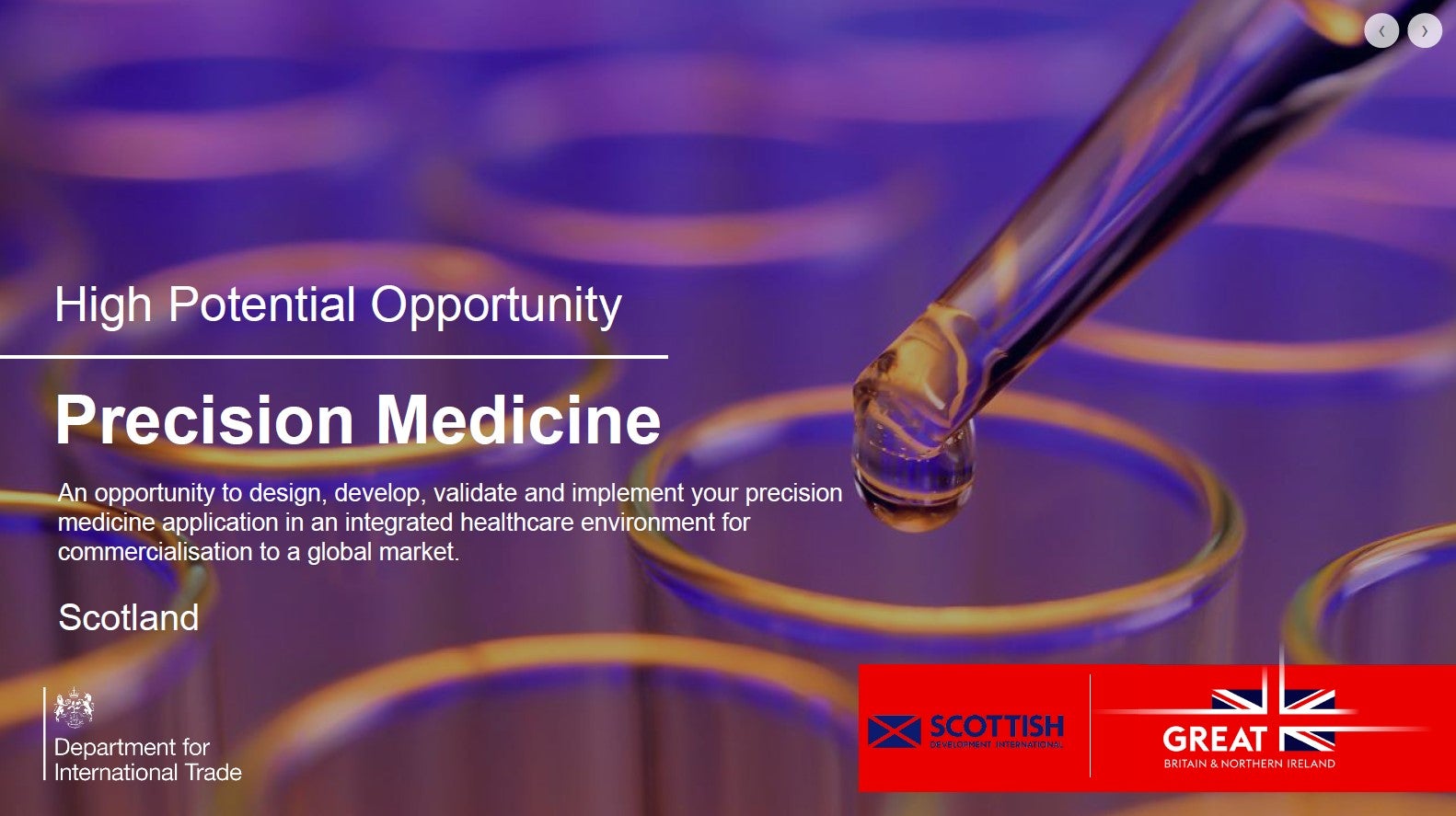
Researchers at Swansea University have developed a new diagnostic tool as a proof of concept (PoC) to provide health test results in two minutes.
The new tool leverages artificial intelligence (AI) to accelerate the identification of biomarkers in biofluids, including blood plasma, synovial fluid, and saliva-containing proteins to diagnose many health conditions.

Discover B2B Marketing That Performs
Combine business intelligence and editorial excellence to reach engaged professionals across 36 leading media platforms.
The scientists believe that the test will help deliver quick test results for health conditions, including Alzheimer’s, cardiovascular disorders, and joint quality.
The application of machine learning (ML) in the new diagnostic tool is expected to transform the healthcare sector.
According to the researchers, current technologies to measure macromolecules in biofluids are not only limited but also need a long turnaround time or even require protocols of complex nature.
Project lead Dr Francesco Del Giudice said: “In our research, we looked at whether we could rapidly detect a different concentration of macromolecules in solution at different temperatures using only 100mL of a sample (equivalent to two drops of blood). The key innovation is the fact of providing a result within two minutes, which is a leap forward compared to standard testing, which can take several hours.

US Tariffs are shifting - will you react or anticipate?
Don’t let policy changes catch you off guard. Stay proactive with real-time data and expert analysis.
By GlobalData“What this means for the future is that our proof-of-concept study can be further developed as a tool to help clinicians make decisions on clinical data obtained quickly. We also foresee developing this further for an at-home-point-of-care self-screening diagnostic platform.”
The researchers expect the diagnostic tool to help drastically reduce hospital waiting times and enable self-screening and monitoring due to the future potential of at-home diagnostic kits.






